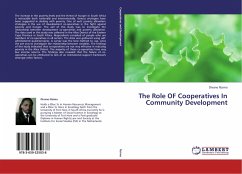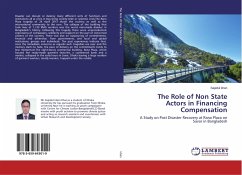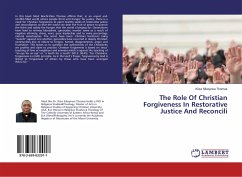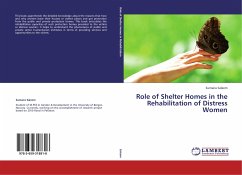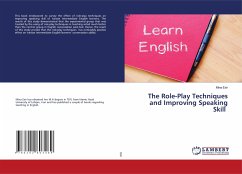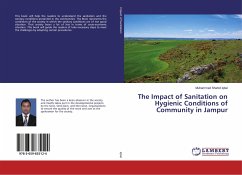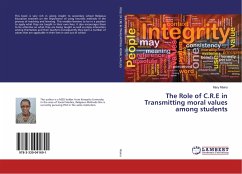The increase in the poverty levels and the threat of hunger in South Africa is noticeable both nationally and internationally. Various strategies have been suggested in dealing with poverty. One of such poverty alleviation strategies is the use of development co-operatives in the fight against poverty and hunger. The aim of this study was to investigate the relationship between development co-operatives and poverty alleviation. The data used in this study was collected in the Alice District of the Eastern Cape Province in South Africa. Respondents consisted of people who are members of co-operatives in all sectors. The data was gathered using self-administered questionnaires. A survey was the best method to use, since the aim was to investigate the relationship between variables. The findings of this study indicated that co-operatives are not very effective in reducing poverty in the Alice District. The majority of these co-operatives have very low income returns. The findings also revealed that the failure of co-operatives can be attributed to lack of an institutional support framework amongst other factors.
Bitte wählen Sie Ihr Anliegen aus.
Rechnungen
Retourenschein anfordern
Bestellstatus
Storno

